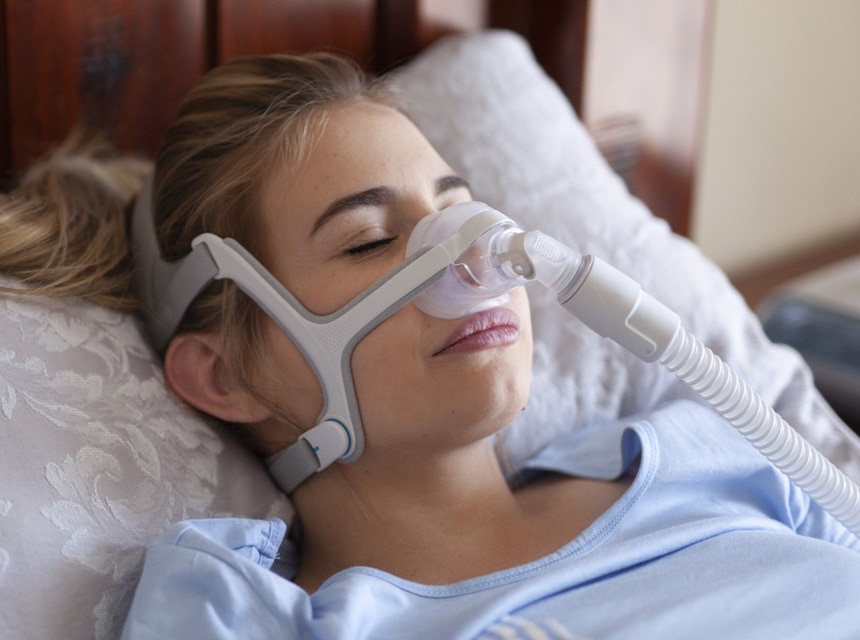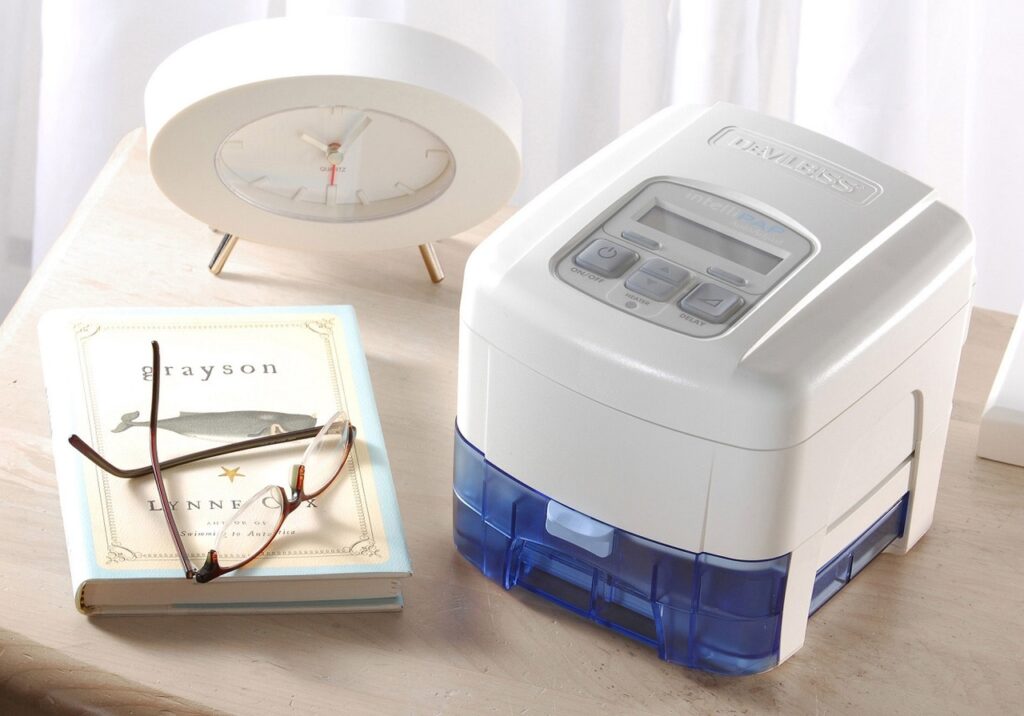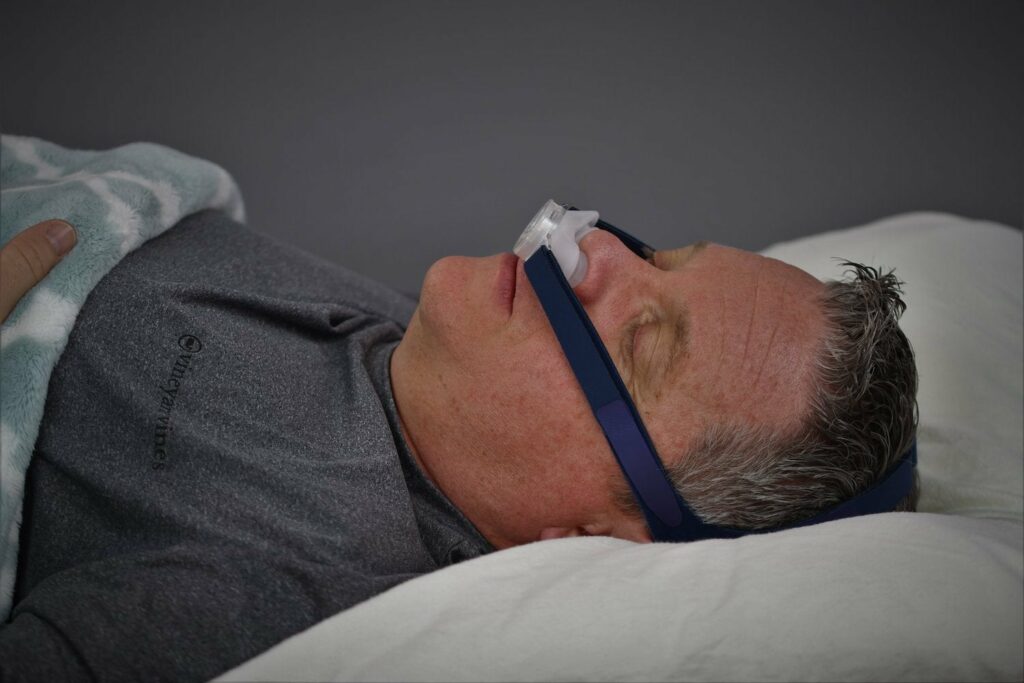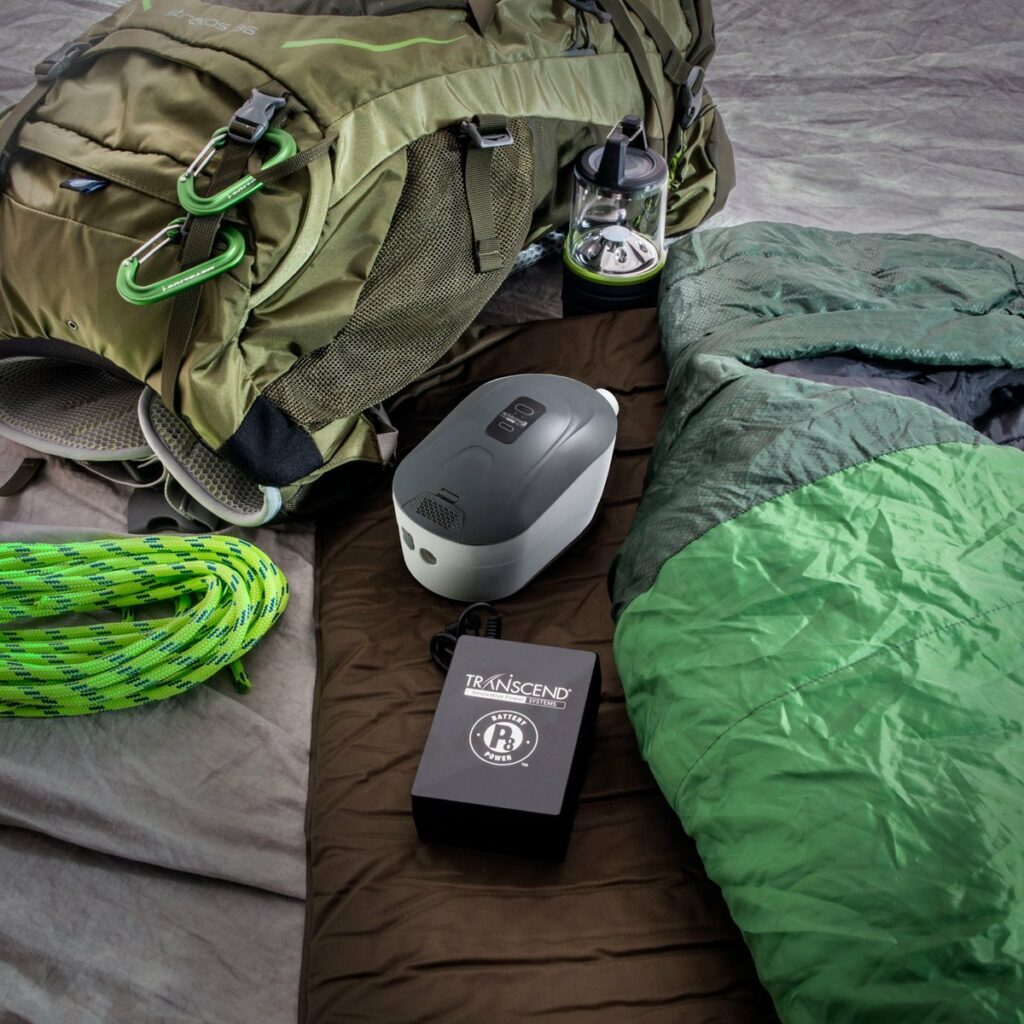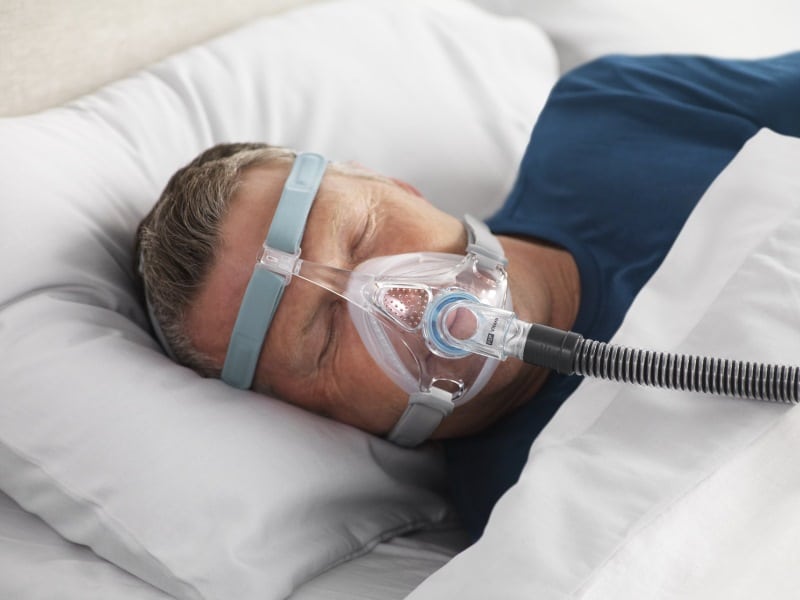

You have a high chance of choking, gasping or snoring if, when you sleep, your upper airway is subjected to total or partial closure or you have any obstructive sleep apnea experience. And, because good sleep is necessary for the body, you may want to consider getting a CPAP machine. The discovery of CPAP has led to many people seeking clarity and asking questions, and “Does insurance cover CPAP machine?” is usually one of the questions asked by many who desire to know the pros and cons of this infamous CPAP machine.
To start with, you must know what CPAP itself is. Continuous Positive Airway Pressure is what CPAP stands for, and this machine is designed to help specific people get better sleep. Your doctors may recommend CPAP therapy to you if it’s needful. This machine does help you keep your airway open by providing pressurized air all through the night, and it’s attached to a mask you put on. You might even see it as your “sleeping partner because this machine is placed right close to your bed as you catch some sleep. Though CPAP therapy has been acknowledged to be very helpful, its cost has also posed to be very worrisome. This is why this article is dedicated to filling you in on insurance policies regarding the CPAP device and therapy, should you be planning to commence your CPAP journey.
According to AASM Trusted Source Sleep Medicine Fact Sheets | Health Care Provider Reference Sheets | AASM These Provider Fact Sheets were developed by sleep medicine professionals to equip primary care providers and colleagues in other specialties with key information regarding some of the most common sleep disorders. aasm.org , healthy sleep is crucial for overall well-being, and this is why it’s important you get the best CPAP that will aid better sleep. For this, you’re likely to be looking at the financial implications and the insurance feasibility too. Now, take note that related equipment and the cost of getting CPAP machines are often partially covered by most insurance plans.
Although some insurance plans tend to make provisions for replacement parts, there’s often a limitation on the number of part replacements you can buy yearly. And it would be best if you also had in mind that there will be some components that you’re likely to take care of yourself, irrespective of the fact that the machine itself is covered. More so, note that before some insurance companies can cover your CPAP equipment, your deductible can be a requirement to determine your eligibility. And, this is simply because some providers may consider your yearly deductible.
To know if you’re eligible for CPAP therapy coverage, your apnea-hypopnea index (AHI) will be taken by your insurance provider.
For this, you may use at-home testing equipment or be subjected to go through a sleep study in a sleep lab to determine your AHI. Speaking of this AHI, take note that an AHI greater than 30 is severe. It’s moderate if it’s between 15 and 30, but mild if it’s between 5 and 15. As it is, you should know that your AHI reading is what demands if your sleep apnea is severe, moderate, or mild. Although each insurance provider has its respective standards, you’re likely to enjoy more coverage if you meet some conditions. But, to be sure of your specific requirements, it’s advised that you check your insurance policy.
You are expected to meet two requirements if you want your CPAP equipment to be paid for by your insurance provider. Though this isn’t a general thing for most providers, it’s often a common thing for all. The first one is that you’re expected to present your prescription for CPAP therapy, and secondly, it has to be confirmed if you’re regularly using the treatment, of which you’ll be tested for this.
According to Healthline Trusted Source Sleeping Difficulty: Causes, Diagnosis, and Treatments | Healthline Sleeping difficulty is when you have trouble sleeping at night. Learn what causes sleep issues and how they may be treated. www.healthline.com , many people experience sleep difficulties for different reasons or conditions. Still, yours must be confirmed by your doctor to be resulting from sleep apnea before you can be given a prescription for a CPAP machine.
Some of the signs of obstructive sleep apnea that your doctor will be checking out for include:
You’ll have to take a sleep study if there are indications that you have obstructive sleep apnea. This test can be in two ways; you can either go through an at-home sleep study or polysomnography, where the doctor conducts an overnight in-lab sleep study. After the test has been carried out and the results have been interpreted, a treatment plan may be developed for you by your doctor if your diagnosis shows that you have sleep apnea.
Nevertheless, know that; in a consecutive 30-day period, you’re expected to make use of the CPAP machine not less than four every night, and this minimum of 70 percent of usage is demanded by the Centers for Medicaid and Medicare (CMS) before you can be qualified for reimbursement. There are some machines that collect your data with their SD card, and some transmit usage information by connecting to your phone through an app.

Since your record is likely to be done by your machine itself, you have to be cognizant of this. However, note that you may be required to commence the process again if you weren’t able to meet these requirements during the first three months. More so, it’s advised that you are sure about your insurance provider’s requirements by reviewing their policy because each provider has its particular demands.
The CPAP machine itself is often the highest upfront cost when you’re starting your CPAP therapy, and over time, you’ll probably need to replace some supplies. These supplies include:
Some of this equipment can cost $20 or less/more than $100. Whether you need quality CPA masks as a side sleeper or you need the best CPA masks to breathe peacefully, note that masks often cost $100 or more, but filters are usually between $5 and $30. Some rental plans may cover the cost of equipment replacements. However, when it comes to replacing equipment, the Medicare guidelines are what most insurance providers use.
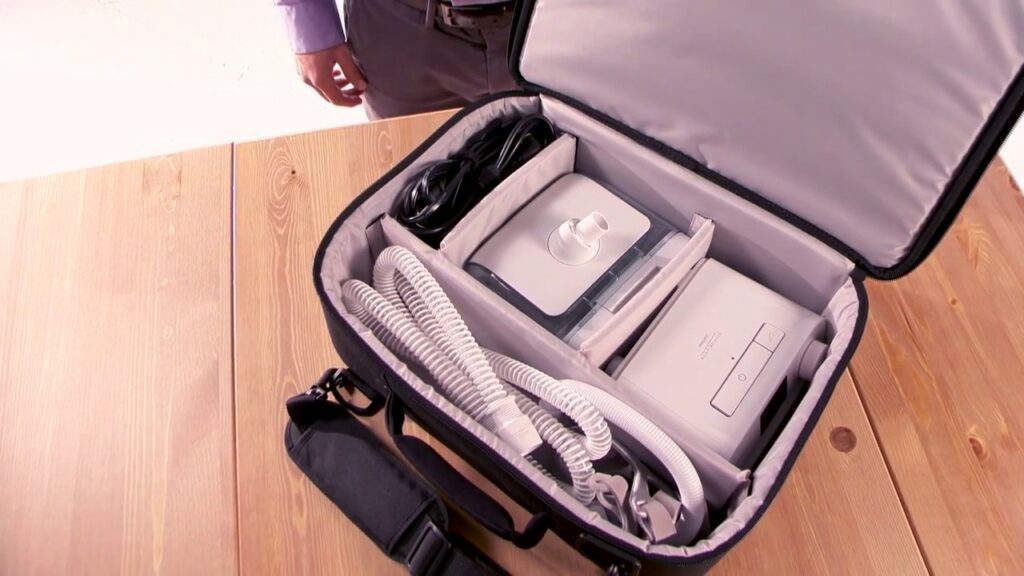
For easier travel and more comfortability, there’s a possibility that you’ll need extra accessories as you become more engaged with your CPAP treatment. The accessories you may be needing can be a handful, and here are some of them;
Note that products that are considered optional are not usually covered by insurance, and the quality of some of these products can also influence their price. But, warranties of 1 to 3 years often come with accessories that are costlier.
Does Medicare cover CPAP machines? This question is definitely worth asking. But to start with, know that there’s a possibility that you might be “surprised”, but regardless if you meet the stated requirements, a large portion of your costs related to your CPAP, which may be about 80 percent, will be covered by Medicare. Your supplier will be paid as a “rental” by Medicare during the first 13 months of usage, and it’s after this period that you’ll be able to get a direct purchase and take ownership of the machine.
Here are some of the things required of you:
It’s also essential that you note that your DME supplier and physician must be enrolled in Medicare before the supplies and machine can be covered. Thus, ensure that you visit a Durable Medical Equipment (DME) supplier to get your equipment. Another tip; you could even lower your costs if you have a Medicare supplemental plan.
You may want to consider bypassing your insurance and purchasing your CPAP equipment yourself if your plan has a high deductible. Although CPAP machine cost with insurance tends to be lesser for some, some factors may encourage you to get your CPAP machine yourself. If you are getting your machine yourself, note that you can get lower prices from direct-to-supplier CPAP manufacturers but ensure that you verify that the devices are approved by the FDA. More so, budget for replacements, the filters, and the subsequent costs of tubes. This will help you know if this equipment will make you spend more than your deductible.
You need to be diagnosed by a doctor before purchasing the machine and equipment because a CPAP prescription is required before medical equipment sellers can sell to you.
Getting your CPAP machine yourself also comes with a few upsides. If you choose to go by this, you won’t have to go through the process of restarting your test, the insurance requirements of treatment compliance can be avoided, and you can own your machine right away without going through the rent-to-own process. You’ll also enjoy access to a broader choice of products when you choose to pay a medical equipment supplier directly. CPAP machine cost with insurance may be cheaper, but you may not be able to choose the CPAP equipment you feel will suit you most, you may not even get the exact product you desire, and your coverage options are limited.
Speaking of the best products, the ResMed AirCurve 10 VAuto with HumidAir is a great option you can opt-in for because of its intuitive design and enhanced comfort. Users also recommend ResMed AirSense 10 Auto CPAP Machine because of its user-friendliness, ambient light sensor, EPR, advanced event detection, and lots more.
This article has done justice in explaining the important things you should know about CPAP therapy with and without insurance. To further satisfy your curiosity, know that once you meet your deductible, your CPAP machines will be partially covered by your insurance plan. And on the other hand, you may choose to cover the full cost of your CPAP machine if your health insurance policy offers a high deductible. Speaking of the price of a CPAP machine, know that you could be spending less than, close to, or more than $1000. And, of course, don’t forget to budget for additional equipment.
Such questions as “Does insurance cover a CPAP machine?”, “Are there any implications when I choose to pay out of my pocket for my CPAP machine and equipment?”, and the likes are often on the lips of those who have discovered CPAP therapy. We hope you got the complete answers with the help of this article!
